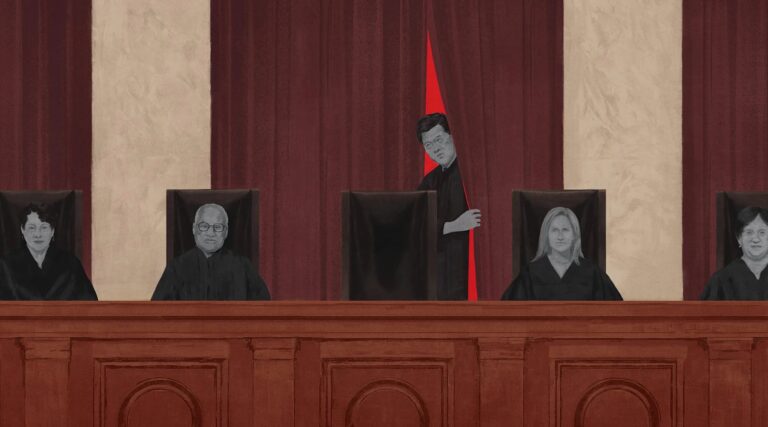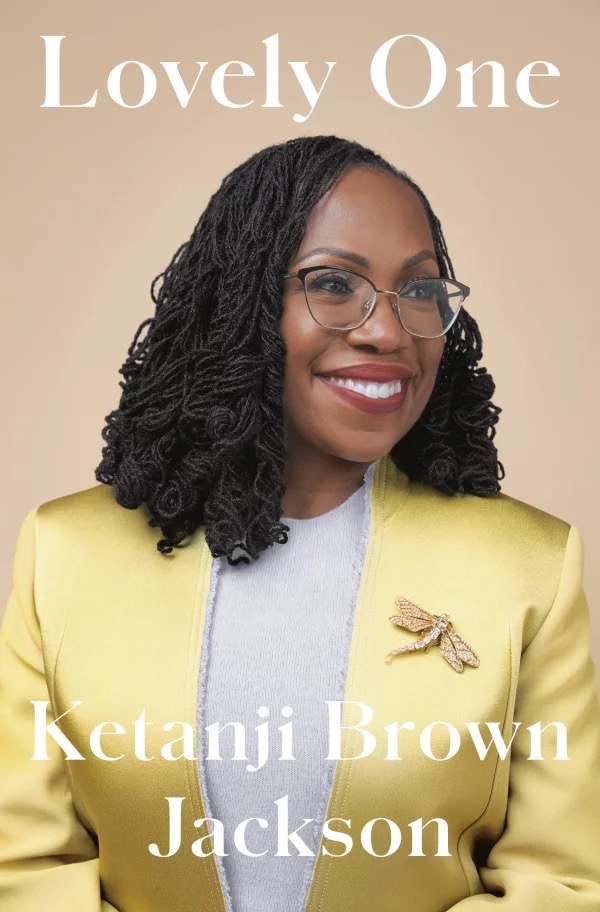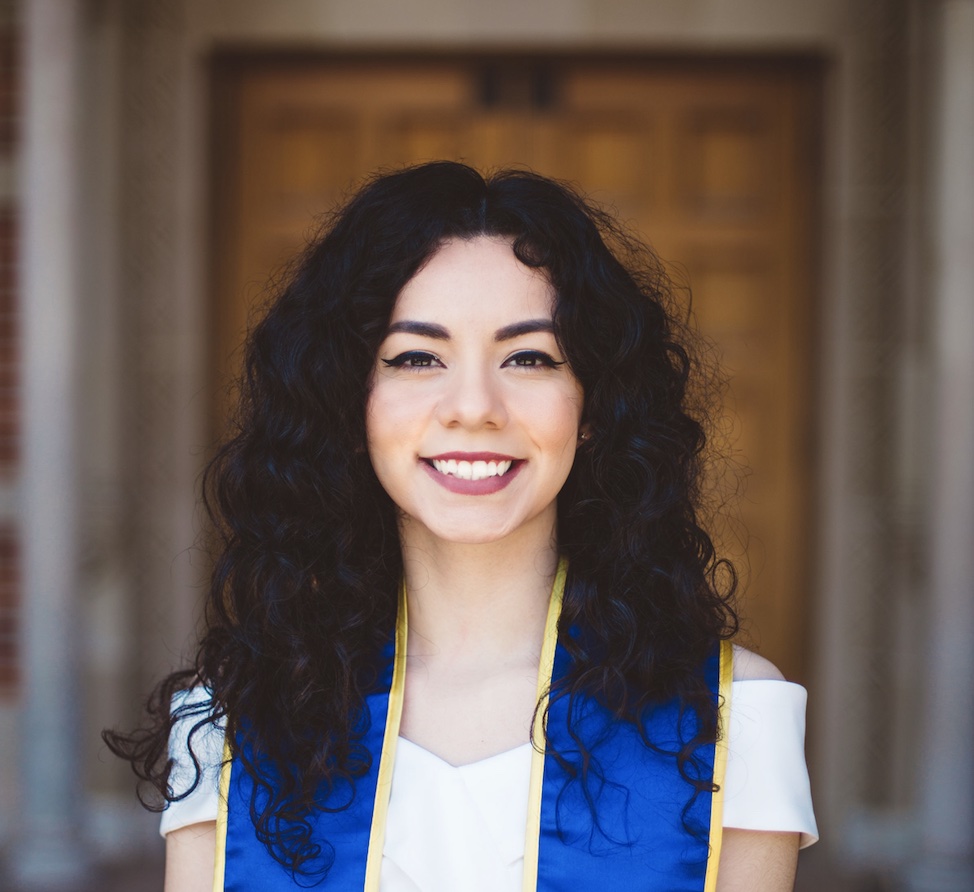The poem Justice Jackson hangs in her office
More Of This
This is an in-depth interview with Justice Jackson on her new book, Lovely One.
In every office she’s ever had, Supreme Court Justice Ketanji Brown Jackson has kept a copy of Henry Wadsworth Longfellow’s poem, “The Ladder of Saint Augustine.” There’s one stanza in particular that she likes:
The heights by great men reached and kept / Were not attained by sudden flight, / But they, while their companions slept, / Were toiling upward in the night.
Listen to the interview on NPR
Black women prosecutors have always been underestimated
Say It Louder
Chantelle Williams is a Policy Attorney at the Institute for Innovation in Prosecution at John Jay College.
As soon as Vice President Kamala Harris emerged as the presumptive Democratic nominee for president, critics wasted no time labeling her a “DEI hire,” insinuating she was not qualified for the role. Not only do these attacks disregard her impressive record as vice president, United States senator, California attorney general, and the elected district attorney of San Francisco, but they echo harmful stereotypes used to undermine Black women prosecutors. As a Black woman and former prosecutor, I am deeply concerned that these attacks will deter aspiring Black female lawyers from pursuing careers in prosecution.
The past decade has marked a significant increase in the election of Black women prosecutors. They have stood as trailblazers in their commitment to reforming the criminal justice system. Many are leaving office today amid a surge of identity-related attacks, including false accusations of corruption, incompetence, and “reverse racism.” Governors, state legislatures, and the courts have employed unprecedented tools—including suspensions, preemption bills, and the appointment of special prosecutors—to remove their authority. These attacks are not only anti-Black but also deeply misogynistic, perpetuating harmful stereotypes that seek to delegitimize Black women in prosecutorial roles.
Read the rest on Newsweek
The most brazen partisan judge might one day sit on the Supreme Court
Less Of This

Long before he became one of the most powerful judges in the country, James Ho sat down with one of his heroes, Edwin Meese III, in Washington, D.C. Ho was 26, fresh out of the University of Chicago Law School, and had come to interview Meese for a law journal article. Sixty-seven-year-old Meese had been a conservative star since the eighties, when he ranked among President Ronald Reagan’s most trusted aides, serving as counselor and attorney general. He had endeared himself to Christian leaders by declaring in a speech that out of all the laws written by mankind, “we haven’t improved one iota on the Ten Commandments.” Meese had resigned in 1988, after an independent counsel investigated possible ethics violations, then drifted into Washington’s small pond of former big fish.
His meeting with Ho, in 1999, marked a symbolic passing of the torch, from an old-guard Republican to a young turk. They spent most of their time talking about a rising conservative legal theory known as originalism. Meese had been evangelizing for the doctrine since 1985, when he publicly lambasted what he saw as the overreach of the federal judiciary. In his view, judges had inferred the existence of rights that weren’t spelled out in the Constitution. He called instead for “a jurisprudence of original intention”—interpreting the Constitution by adhering as closely as possible to its eighteenth-century meaning.
Read the rest on Texas Monthly
Amy Coney Barrett is getting tired of her male SCOTUS colleagues
Speaking Of...
There is perhaps no branch of government that fosters secrecy or harbors sneaky resentment to a degree even Gossip Girl herself would be astonished with, than the Supreme Court.
The highest court in the land has purposefully cast an opaque fog over its internal workings for decades, but in this past term, it was clear from their opinions that there was drama behind the scenes.
At the center of that is Justice Amy Coney Barrett.
If the court itself is Gossip Girl then Barrett is season two Jenny Humphrey. That’s to say, she’s breaking ranks with her OG squad and finding her own voice – although with less goth eyeliner.
Read the rest on The Independent












